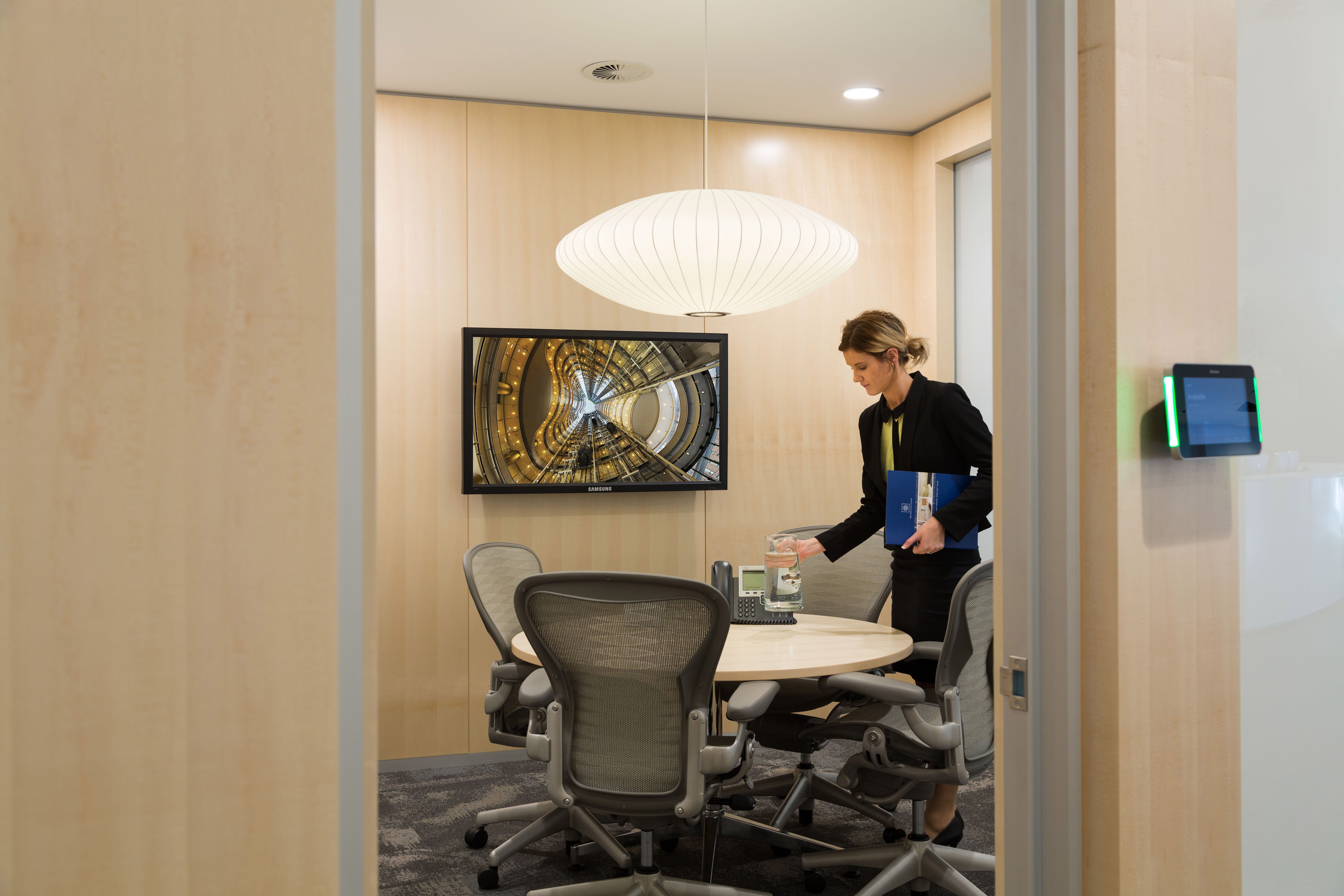5 reasons why serviced office is a leaner alternative for modern businesses Serviced office will continue to be another major occupancy option by companies of all sizes across industries.
By Gigi Liu
Opinions expressed by Entrepreneur contributors are their own.
You're reading Entrepreneur India, an international franchise of Entrepreneur Media.

In today's ever-changing and competitive global marketplace, time, money and effort are the three key components in driving business. Serviced office, which is a flexible, cost-effective and a convenient alternative to the conventional office, represents a way to optimise all these three elements simultaneously.
As serviced office is increasingly perceived as a mainstream occupancy option that can be considered by companies of all sizes and natures, the serviced office industry has become a rapidly growing segment within commercial office space, growing at an annual rate of 73 per cent globally.

The Concept of Serviced Office
Serviced office is an inspirational solution, which provides the flexibility that businesses need to adapt quickly to rapidly changing market conditions. A serviced office – also known as a managed flexible office space – is a fitted and furnished office space in a professional business environment, ready for immediate occupation.
Serviced office providers take on the responsibility of maintaining the office premise and providing a range of business services, including reception and telephone answering services, secretarial support, conference and meeting facilities, high speed internet access and so on. Serviced offices are often found in the business districts of large cities around the world.
The primary difference between serviced offices and conventional offices is the way they are used. A lease for a serviced office is usually short-term and can be as short as one month; however, long-term leases, which are usually associated with conventional office spaces can last for 3-5 years, not to mention the initial capital required to customise the space, purchase furniture and equipment, and decorate.

Why a Leaner Alternative?
1. Cost Saving
The key feature of the serviced office is that it provides significant cost savings. By doing away with initial set-up costs and hidden charges inherent in conventional leases, savings up to 75 per cent of monthly costs can be achieved. Moreover, facilities such as break-out areas, meeting rooms and video conferencing system are also available to businesses without additional investment, resulting in substantial savings and reduced upfront costs.
2. Flexibility
Another important feature of the serviced office is its ultimate flexibility as compared to conventional offices. Serviced offices can be available for anything between one month and one year and usually have renewable agreements. Such short term lease agreement is beneficial in particular to start-ups usually with unstable cash flow, or even large-scale companies looking to expand and "test the waters" in new markets. Office space and layout can be customised, and office size is readily scalable, allowing businesses to upsize, downsize to fit their latest business requirements.
3. Efficiency
At the serviced office centre, infrequently used space, such as the pantry, conference and meeting rooms are available for useand payable on a "pay-per-use" basis. Compared to conventional office space, it is far more efficient than owning the meeting room and office facilities which are only needed for a few hours per week but companies are charged with rents and utilities even it is unoccupied for most of the time.

A professionally trained service team is also in place to provide all the basic office services to keep the businesses' workspace running, such as reception services, IT support, secretarial support, cleaning and security. Not only do businesses gain significant savings from overheads, but valuable management time savings from handling associated staff recruitment and retention issues.
4. Reduced risk
By using serviced offices, businesses are not obliged to hold the substantial amount of fixed assets associated with owning an office, enabling them to change the size of their office rapidly according to the business growth rate. With IT infrastructure, telecommunications system, office equipment and day-to-day administrative functions centrally managed by the serviced office provider, all the concerned operational risks are therefore considerably reduced. Such agility may make all the difference between success and failure.
5. Professional business support services
At the serviced office centre, office facilities often come with a myriad of professional business services that could be arranged upon request by businesses. Services might include company formation, accounting and tax advisory, secretarial support, HR consulting, translation, travel arrangements and more. Companies can benefit from fully-supported office environment allowing them to concentrate on what matters - driving their business.

Types of Businesses Opting for Serviced Offices
Serviced office is a viable option that can be considered by businesses of all sizes and natures. SMEs, companies that are expanding to a new market, project based organisations working on a large but short-term project and MNCs, which already have their own traditional office space but have separate business units that they need to separate out from their main office due to a variety of reasons, tend to utilise serviced office solutions which provide them with 100 per cent agility.
Conclusion
Overall, the rise of the serviced office market across the globe during the last decade is seen to be fundamentally driven by the growing need of companies for ever-greater flexibility and speed to respond to the rapidly changing business environment.
Businesses are changing where and how they manage their operations on an increasingly regular basis, creating a need for not only flexible manpower but also flexibility in the capital infrastructure. As a leaner alternative to the conventional office, serviced office will continue to be another major occupancy option by companies of all sizes and from different industries.













